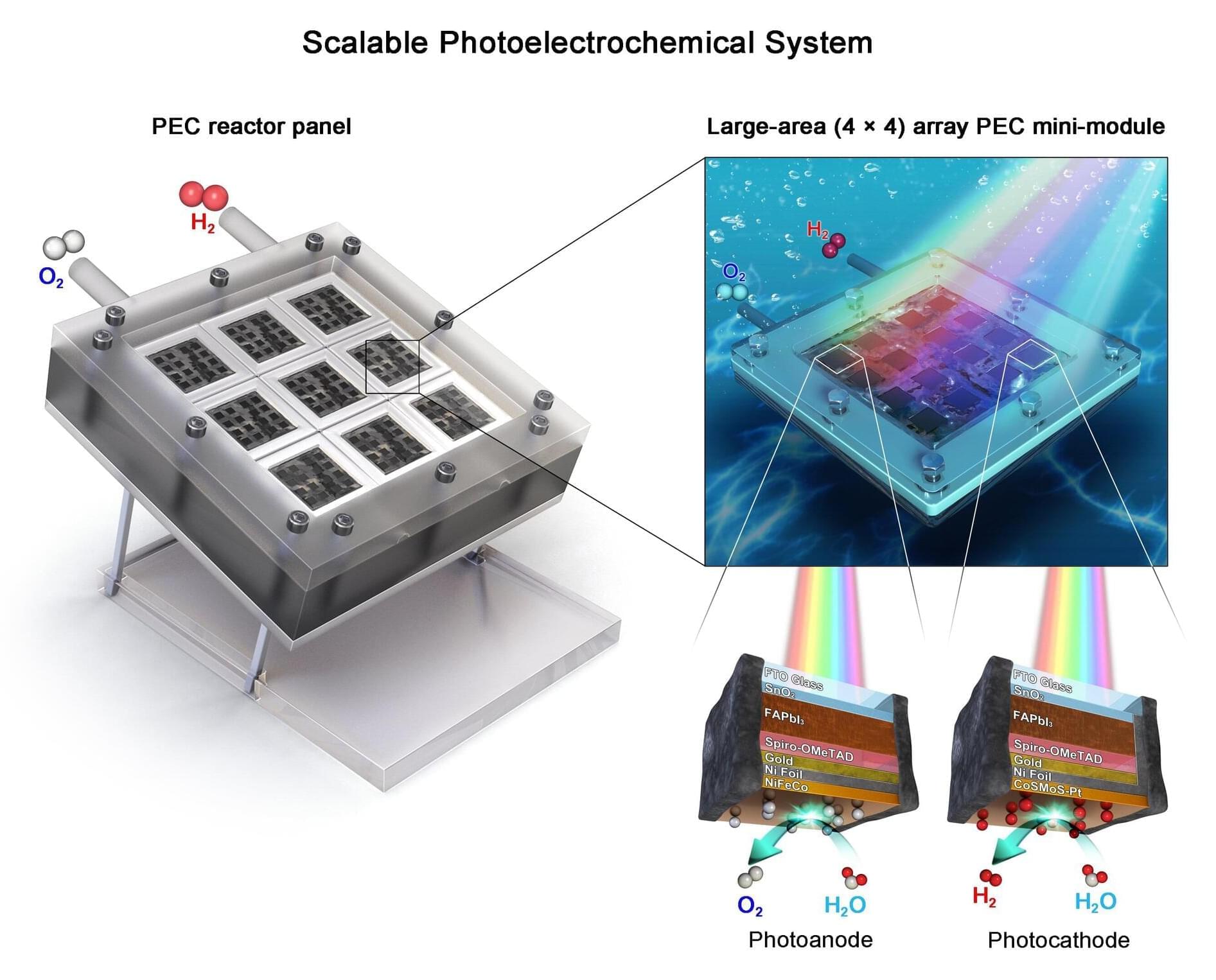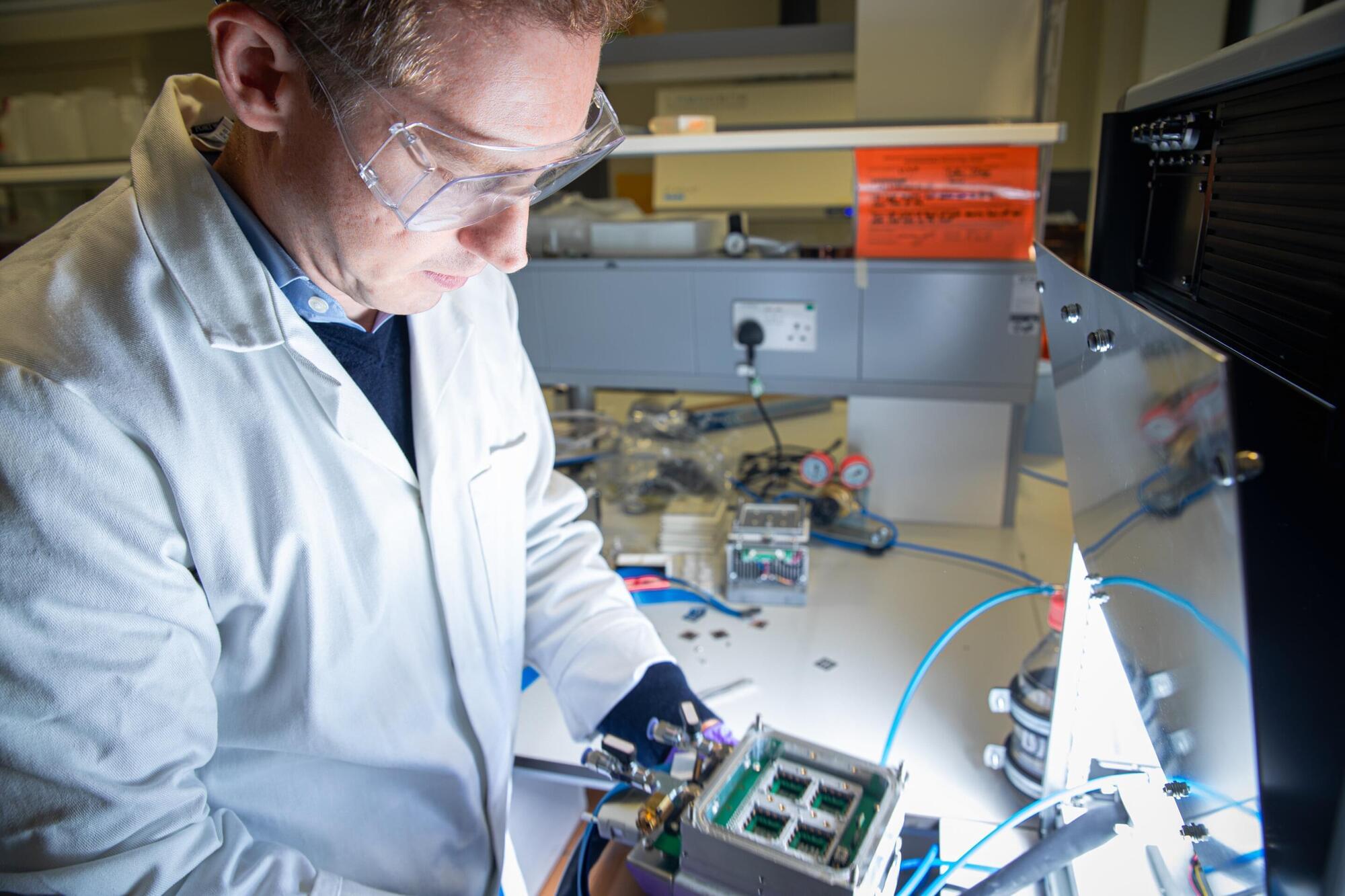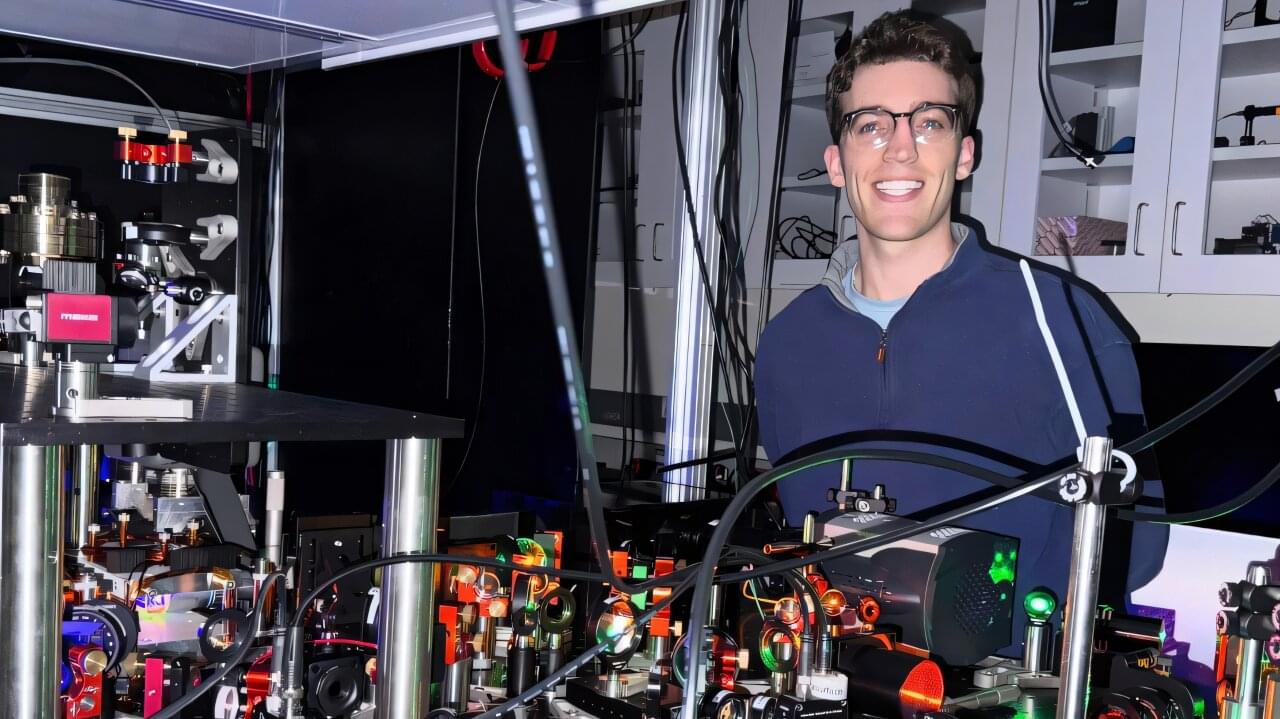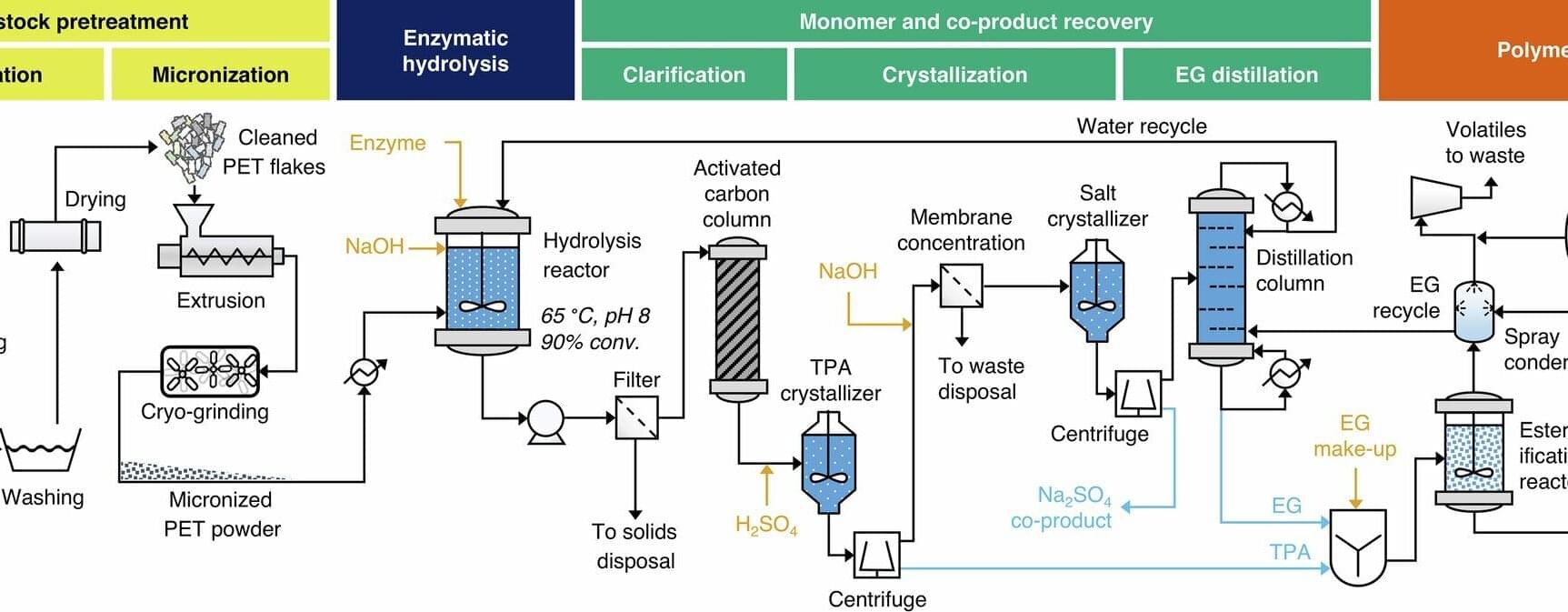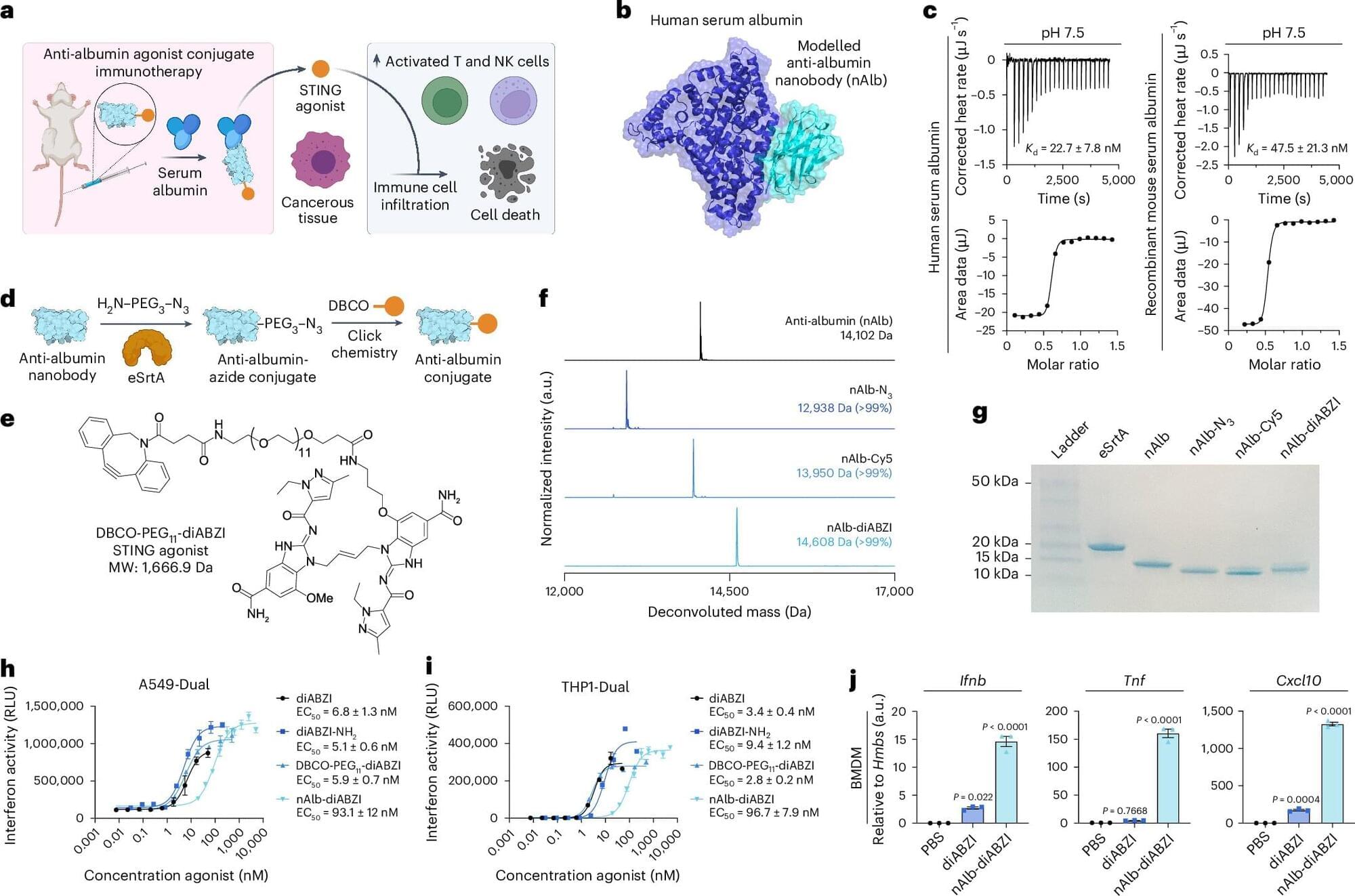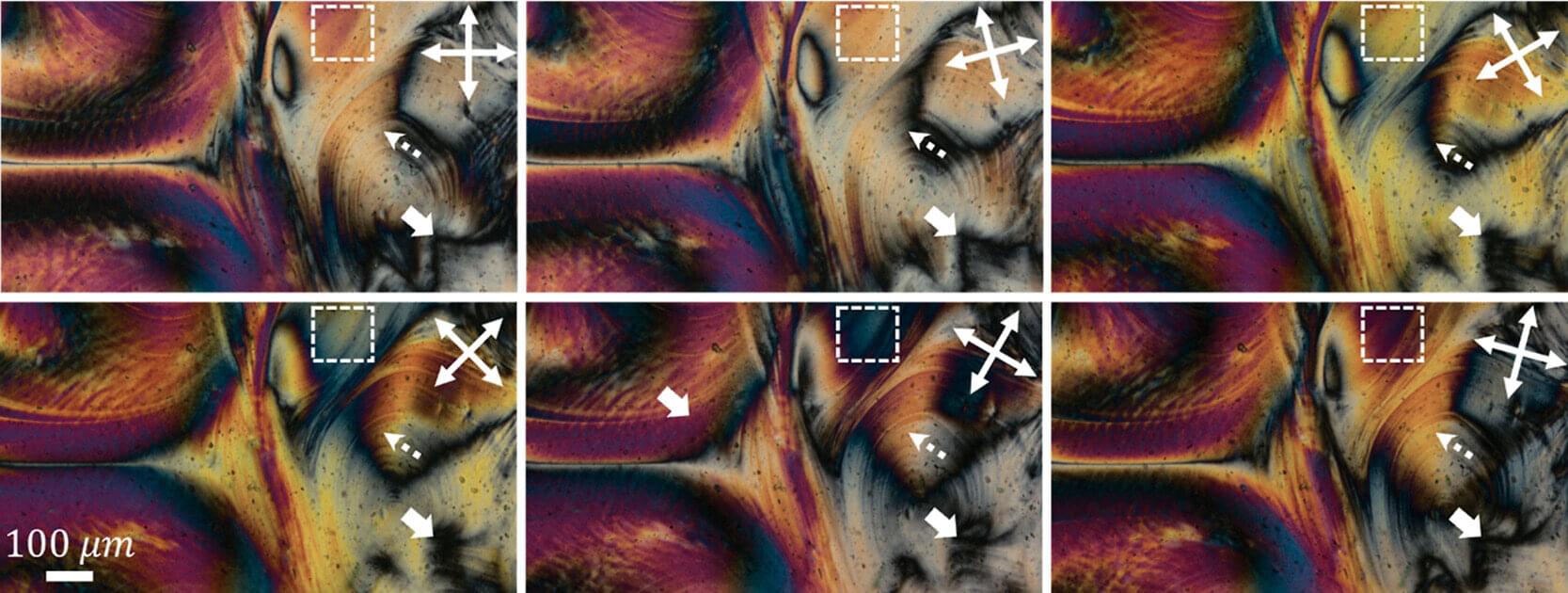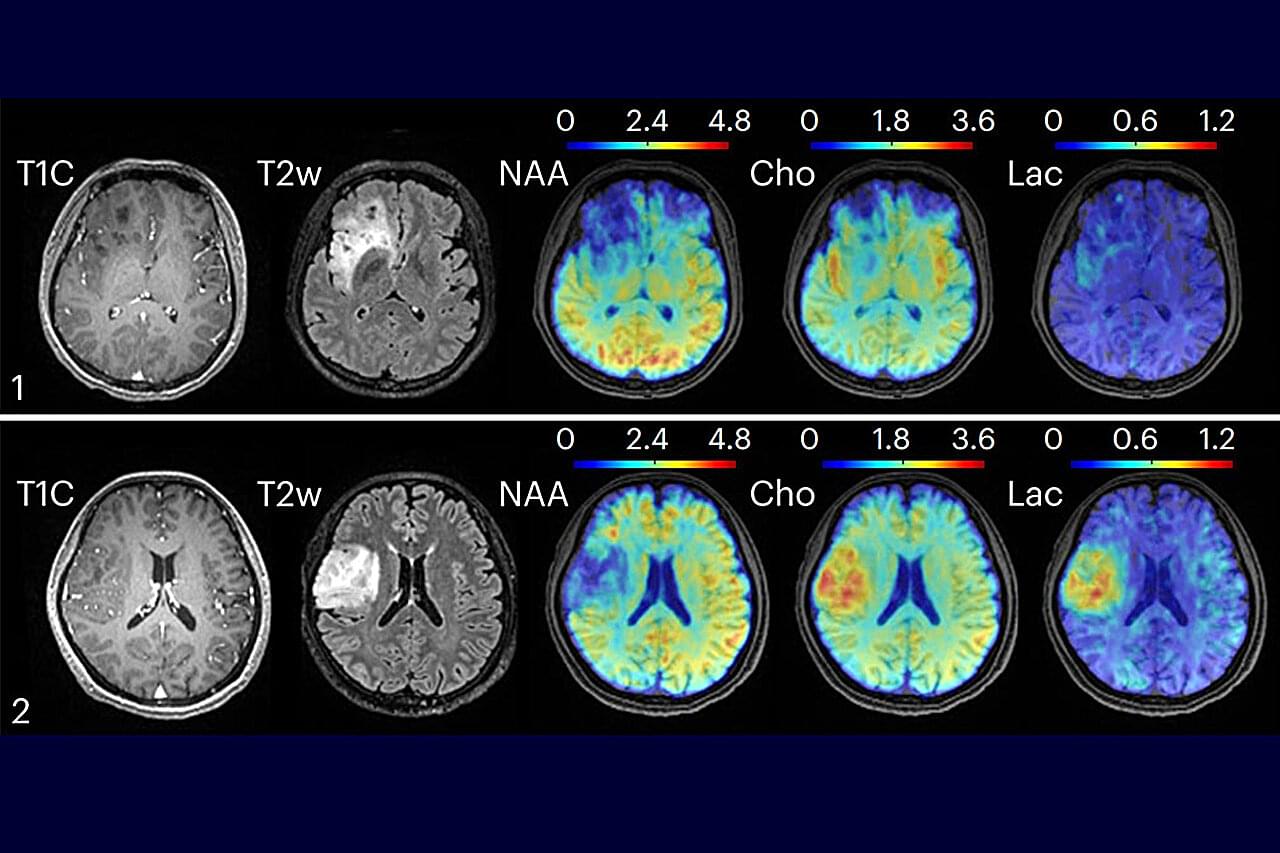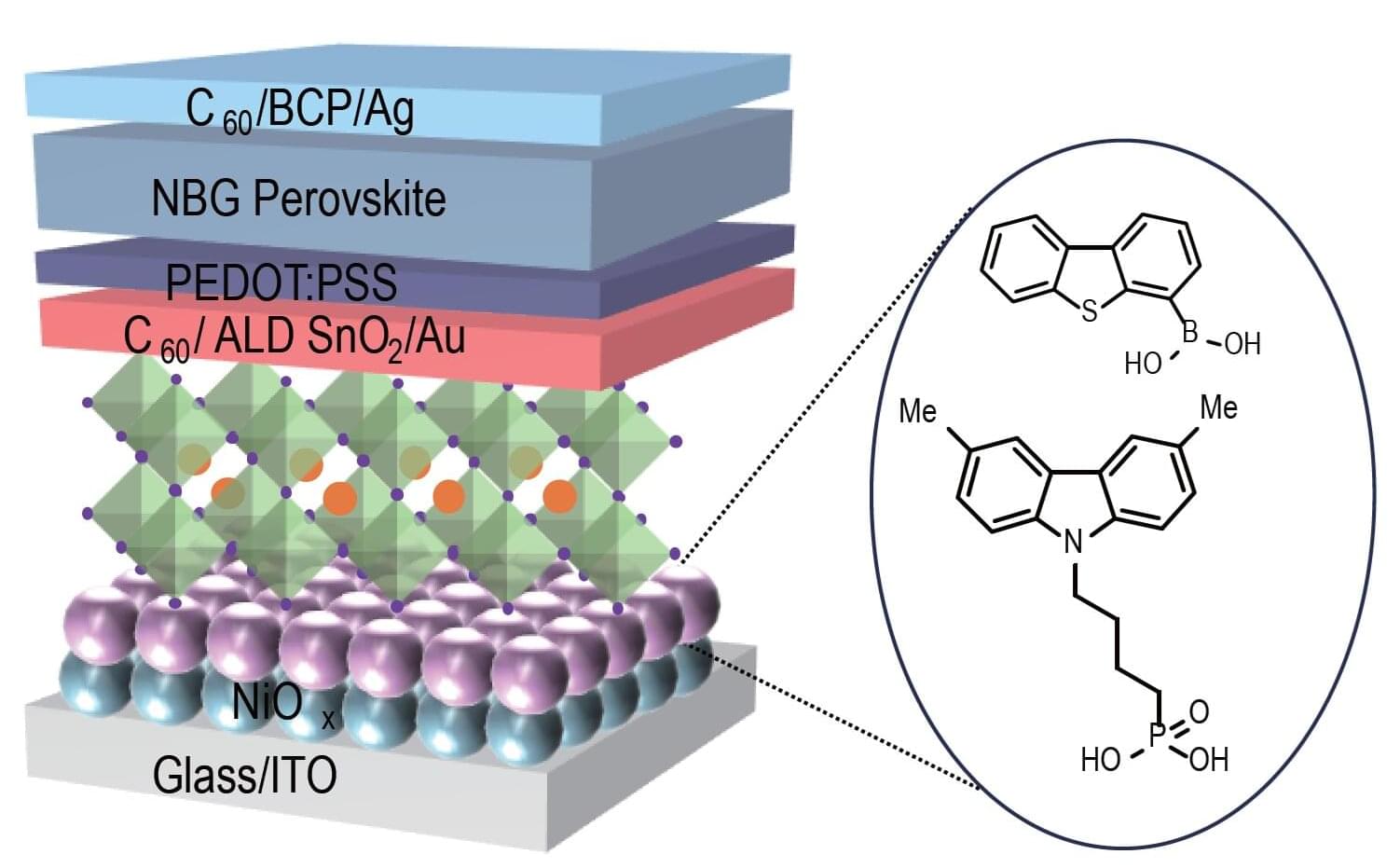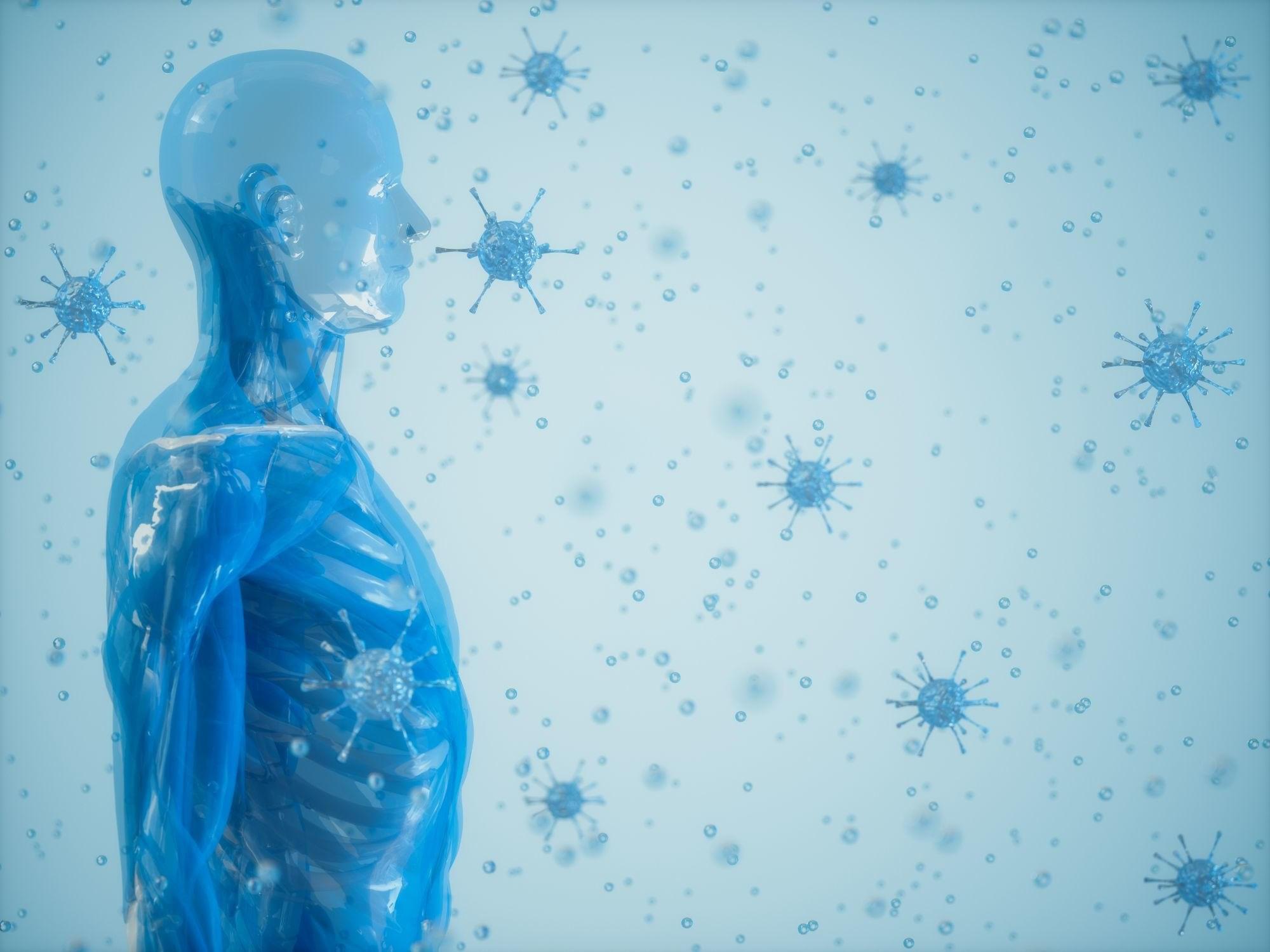A research team affiliated with UNIST has introduced a cutting-edge modular artificial leaf that simultaneously meets high efficiency, long-term stability, and scalability requirements—marking a major step forward in green hydrogen production technology essential for achieving carbon neutrality.
Jointly led by Professors Jae Sung Lee, Sang Il Seok, and Ji-Wook Jang from the School of Energy and Chemical Engineering, this innovative system mimics natural leaves by producing hydrogen solely from sunlight and water, without requiring external power sources or emitting carbon dioxide during the process—a clean hydrogen production method. The study is published in Nature Communications.
Unlike conventional photovoltaic-electrochemical (PV-EC) systems, which generate electricity before producing hydrogen, this direct solar-to-chemical conversion approach reduces losses associated with electrical resistance and minimizes installation footprint. However, prior challenges related to low efficiency, durability, and scalability hindered commercial deployment.
